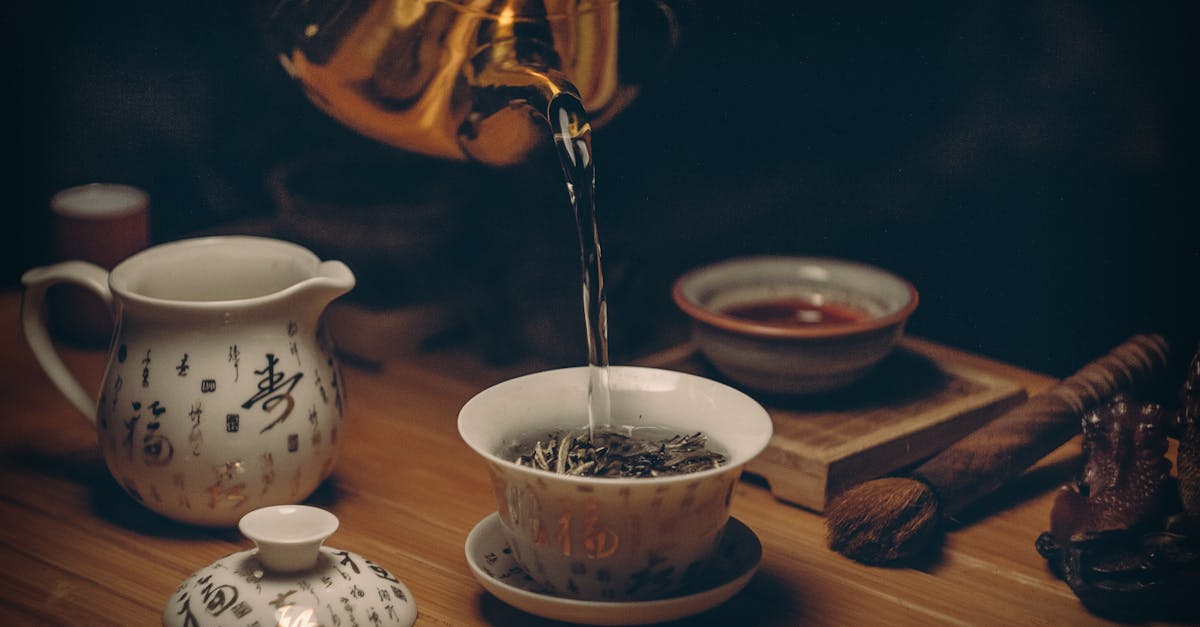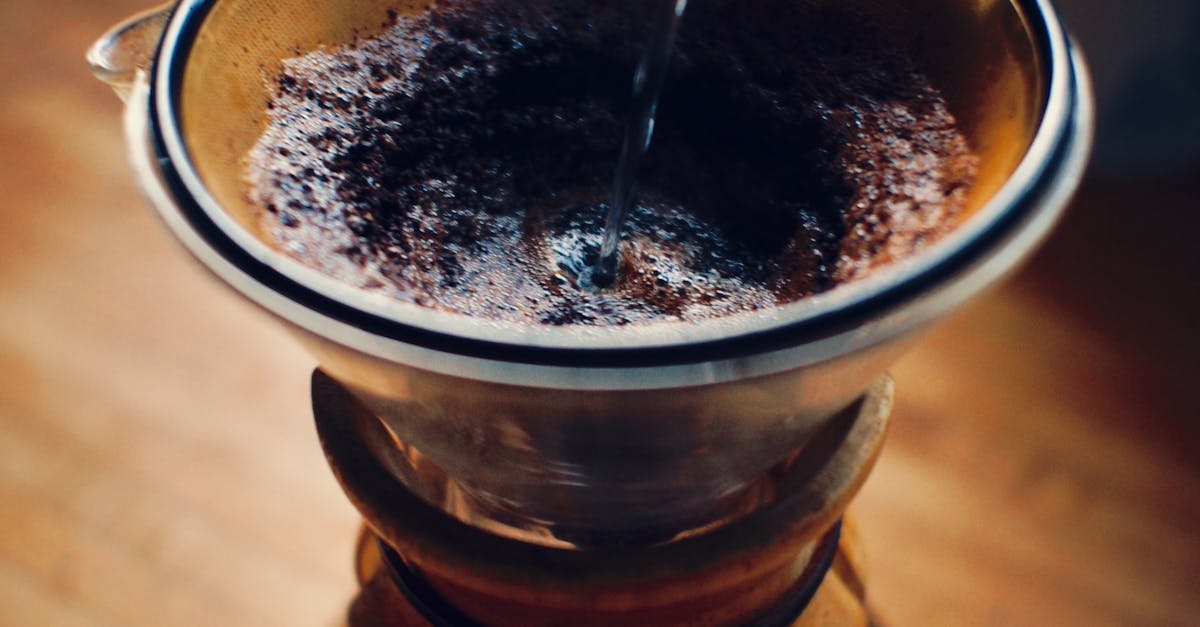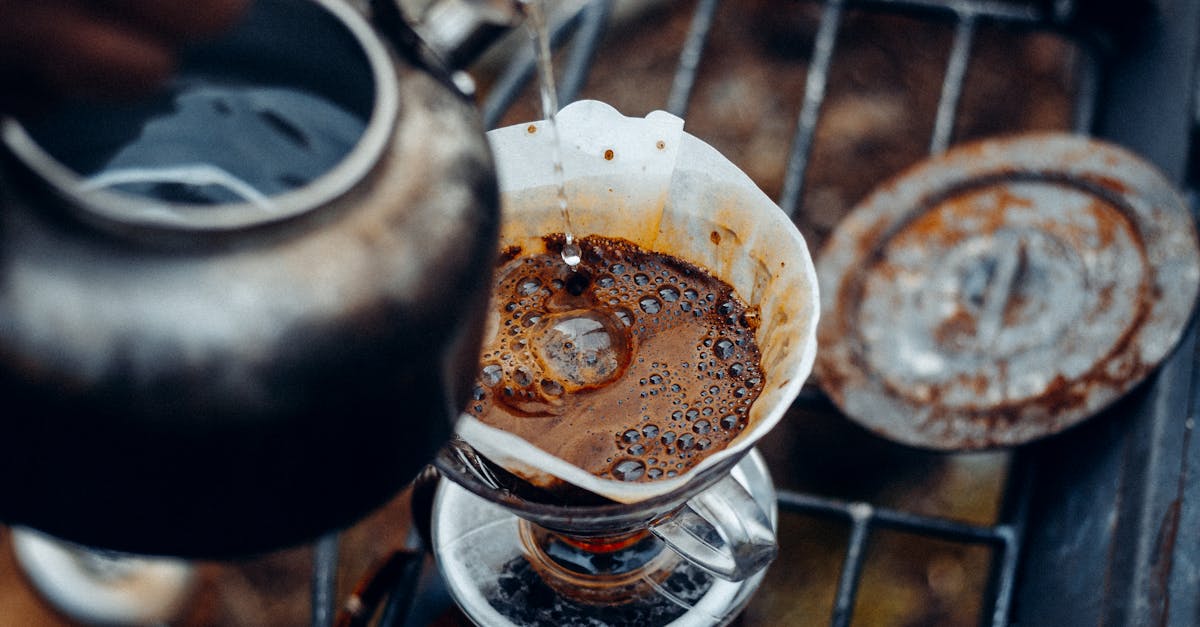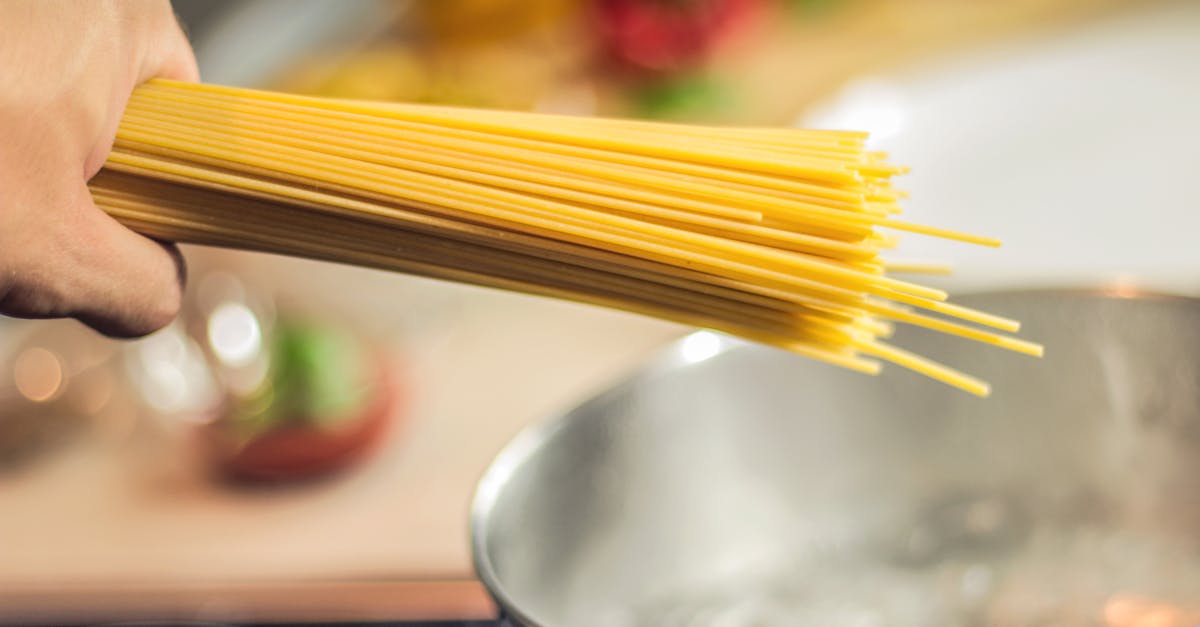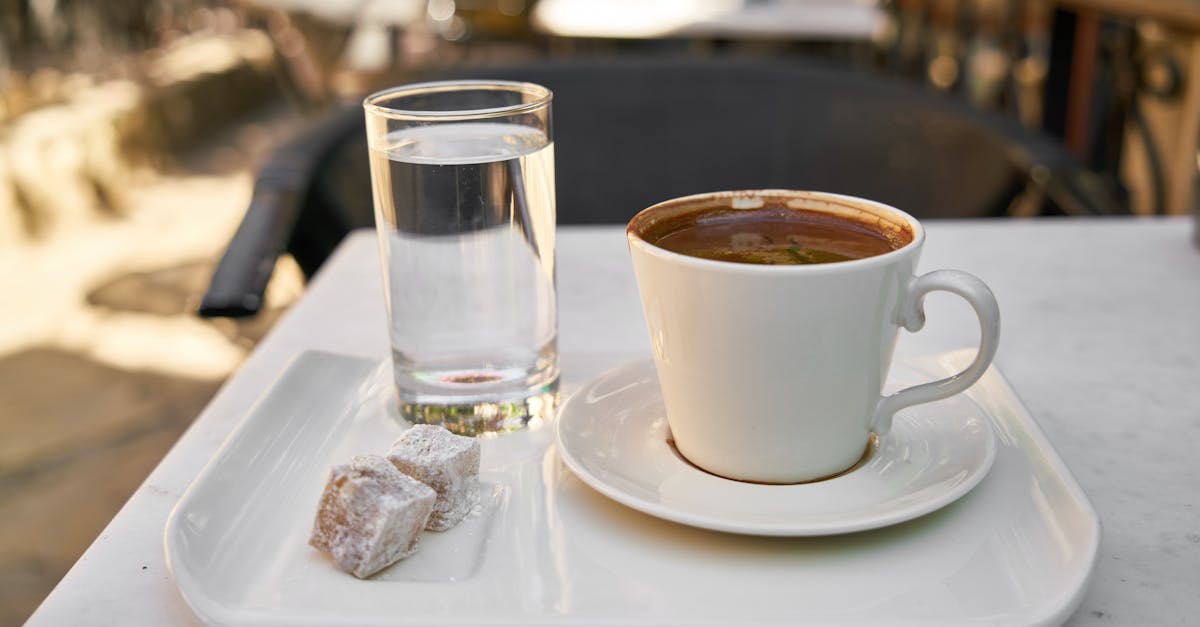
Table Of Contents
Plumbing Issues Affecting Hot Water Supply
Several plumbing issues can disrupt the consistent supply of hot water in your home. Leaks in pipes, whether hidden within walls or under flooring, can reduce water pressure and affect the overall performance of your hot water system. Additionally, blockages caused by mineral buildup or sediment accumulation can hinder the flow of hot water, leading to lukewarm showers or an inadequate heating supply. Regular maintenance can identify these issues early and prevent inconvenient interruptions.
Investing in professional Hot Water System Inspections can be crucial in diagnosing and resolving plumbing problems. A skilled technician can evaluate the condition of your plumbing, check for leaks or corrosion, and ensure that all components, including the hot water heater, are functioning correctly. Timely inspections can not only improve efficiency but also extend the lifespan of your hot water system, providing peace of mind and a reliable supply of heated water when needed.
Identifying Leaks or Blockages in Pipes
Leaks or blockages in pipes can significantly affect the performance of your hot water system. If you notice a sudden decrease in water temperature, check for any visible signs of leaks under sinks or appliances. Water pooling in unusual areas or damp spots on walls may indicate a hidden leak. A pressure drop in the system can also be a sign of an obstruction or leak within the plumbing. Regular Hot Water System Inspections can help identify issues early, preventing costly repairs and ensuring consistent hot water supply.
In addition to leaks, blockages in the pipes can result from mineral buildup or debris accumulation. Over time, sediments can accumulate, especially in areas where the water temperature fluctuates. This buildup restricts water flow and may cause inconsistent heating. Performing routine maintenance and cleaning can help mitigate these issues. Hot Water System Inspections are essential for evaluating the condition of your plumbing, ensuring a reliable supply of hot water in your home.
Temperature Settings on Mixing Valves
Mixing valves play a crucial role in regulating the temperature of water as it flows through your plumbing system. These valves blend hot water from your water heater with cold water to achieve a safe and comfortable temperature for household use. If the temperature settings on a mixing valve are incorrect, it can result in insufficient hot water supply, leading to chilly showers and uncomfortably cold faucets. Regular adjustments and inspections can help maintain optimal performance and ensure your hot water system operates efficiently.
Hot Water System Inspections are essential for identifying issues related to mixing valves. Technicians often check these settings to ensure that the valve is not malfunctioning or improperly adjusted. If the mixing valve is set too low, it may lead to reduced hot water availability. Conversely, an excessively high setting can pose safety hazards, such as burns from water that is too hot. Addressing these settings promptly can help maintain consistent hot water output and improve overall system functionality.
What Mixing Valves Do and How They Work
Mixing valves play a crucial role in maintaining a consistent temperature in hot water systems. They work by blending hot water from the heater with cold water to produce water at the desired temperature. This process not only prevents scalding but also ensures an efficient use of hot water, as it helps to regulate the flow without requiring the heater to work harder than necessary.
Understanding how mixing valves function is essential for any homeowner managing their hot water system. Regular maintenance can help identify issues such as wear and tear over time. Hot Water System Inspections should include checking these valves to ensure they operate properly and efficiently. This proactive approach can prevent temperature inconsistencies and save energy costs in the long run.
Seasonal Temperature Changes
Seasonal temperature changes can significantly impact the efficiency of your hot water system. In colder months, the temperature of the incoming water supply drops, requiring more energy to heat it to the desired level. This increased demand can lead to a situation where your system struggles to keep up, resulting in lukewarm or even cold water at the tap. Understanding these seasonal fluctuations can help homeowners anticipate issues before they arise.
Regular Hot Water System Inspections are crucial for identifying potential problems exacerbated by cold weather. During these inspections, technicians can check for any necessary adjustments to the heating system, ensuring it functions optimally. They can also examine the insulation of pipes, which is vital in keeping water heated efficiently as it travels from the heater to the faucet. Proper maintenance can mitigate the effects of seasonal temperature changes, improving overall hot water performance.
How Cold Weather Affects Water Heating
Cold weather can significantly impact water heating efficiency. As temperatures drop, the ground, where pipes are situated, can freeze. This leads to a decrease in the temperature of the water entering the hot water system. Homeowners may notice that it takes longer for hot water to reach the taps or that the hot water supply becomes inconsistent. Proper insulation of pipes is essential to mitigate these effects.
Hot Water System Inspections become increasingly crucial during colder months. Regular checks can identify issues such as inadequate insulation or potential blockages caused by freezing temperatures. A thorough inspection helps ensure that the system operates efficiently, preventing unexpected cold showers during winter. By addressing problems early, homeowners can maintain a reliable hot water supply regardless of outside conditions.
FAQS
What are some common plumbing issues that can affect my hot water supply?
Common plumbing issues include leaks in pipes, blockages, and problems with hot water heaters, such as sediment buildup or mechanical failure.
How can I identify leaks or blockages in my pipes?
You can identify leaks by checking for water stains, dampness, or increased water bills. Blockages may be evident through reduced water flow or unusual noises in the pipes.
What role do mixing valves play in maintaining hot water temperature?
Mixing valves regulate the temperature of the water by mixing hot water from the heater with cold water to achieve a desired temperature, ensuring your hot water supply remains consistent.
How can seasonal temperature changes impact my hot water supply?
Cold weather can reduce the efficiency of water heating systems, causing the temperature of hot water to drop, especially if the system isn’t properly insulated or maintained.
What should I do if my hot water supply suddenly goes cold?
First, check for any plumbing issues, inspect the temperature settings on your mixing valves, and ensure your water heater is functioning properly. If the problem persists, it may be best to contact a professional plumber for assistance.










